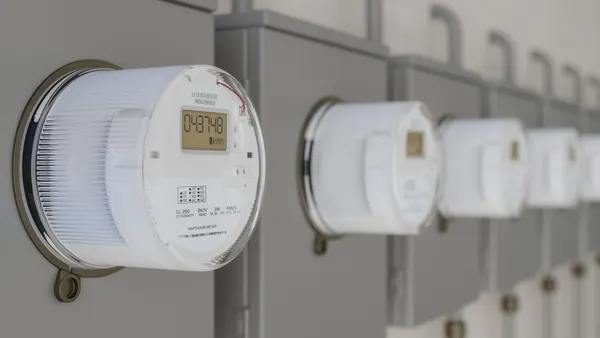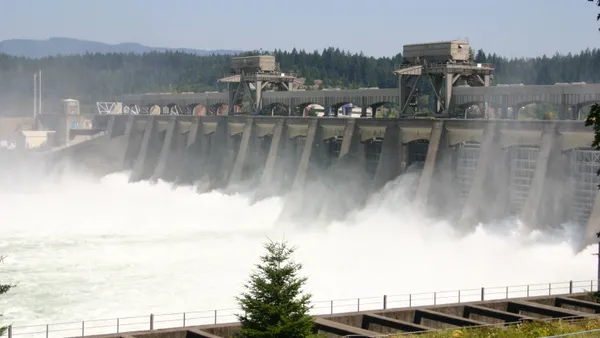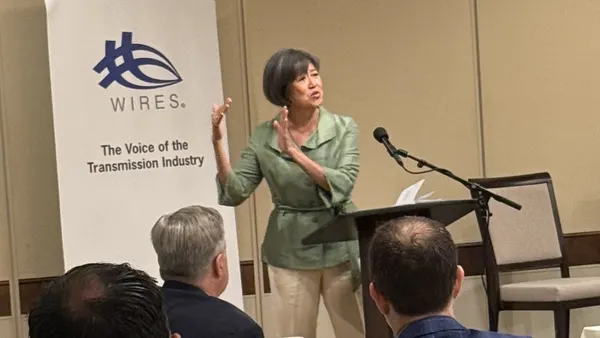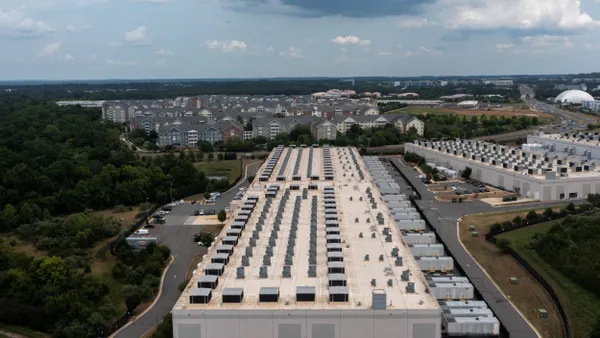Dive Brief:
- Pacific Gas & Electric power lines started four Northern California wildfires that burned over 14 square miles last year, California fire officials announced Friday in their first completed investigations into 170 blazes that engulfed the state last fall.
- Each of the fires in Butte and Nevada counties was caused by trees coming into contact with PG&E power lines, Cal Fire said, and in three of the smaller fires the agency found evidence the utility violated state laws on vegetation management.
- The potential for lawsuits and prosecution stemming from fire liability is a risk for PG&E, which has seen its stock price lag other utilities since the investigations were announced. The company said Friday it believes its vegetation programs "meet the state's high standards."
Dive Insight:
Friday's fire investigation announcement could have gone worse for PG&E.
Cal Fire officials said they found no evidence the utility violated state laws in the largest of the four fires investigated — the La Porte fire, which burned more than 8,400 acres last fall.
Even so, investors reacted swiftly when the markets opened Tuesday. PG&E's stock price dropped nearly 5% in less than an hour, resting at $42.50 per share at 10:15 EST.
In the La Porte fire, officials said a tree branch fell on PG&E power lines, initially igniting the blaze, but did not assign responsibility to the utility.
In three smaller fires, however, Cal Fire said PG&E failed to follow state laws requiring adequate space between trees and power lines. Officials said they have turned over the information on the McCourtney, Lobo and Honey fires to local prosecutors.
Similar findings in subsequent investigations could spell trouble for PG&E. Analysts estimate the California utility could face up to a $12 billion liability for the 2017 wildfire season.
In March, Gov. Jerry Brown (D) released a plan to update utility fire liability rules that could reduce PG&E's risk, but it remains pending in the state legislature. Meanwhile, two other bills that would push utilities to update their fire mitigation plans advanced last week, AP reported.
In a statement, PG&E said it wants to work with state lawmakers to address "unsustainable policies regarding wildfire liability."
"California is one of the only states in the country where the courts have applied inverse condemnation liability to events associated with investor-owned utility equipment," the utility wrote. "This means PG&E could be liable for property damages and attorneys' fees even if we followed established inspection and safety rules."












